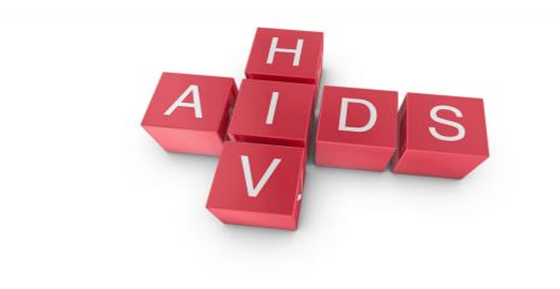Ken woke up by 4am on Tuesday morning at the sound of his alarm to prepare for work. Although he still feels tired due to the previous day’s workload, he needs to arrive at work early to avoid a query from his nagging boss.
He slowly gets up from his bed and thought about his hostile co-workers and the recurrent work stress, he felt like not going to work- though he has to.
As he remembers the repeated rounds of discouragement from his boss and colleagues at work, he could feel his heart beating fast and his hands trembling.
Ken feels trapped and doesn’t know how to manage the anxiety associated with toxic work environment.
What was Ken going through?
Ken is one of the numerous employees going through workplace anxiety in a toxic work environment.
According to a Labour Force Survey, the total number of work induced stress, depression or anxiety in 2020 was 828,000 at a prevalence rate of 2,440 per 100,000 workers. This alarming rate of work induced anxiety has been projected to increase
Do you feel like you don’t know how to manage the anxiety related to your workplace stress?
This article will discuss practical steps you can take to manage and cope with anxieties in a toxic work environment.
Signs of a toxic work environment
A Toxic workplace environment is characterized by repeated exposure to insults and unfriendly remarks from employers or co-workers which affect not only the mental health but the physical health of an employee.
Most employees do not realise early that their work environment is toxic until the work stress damages their health.
Here are subtle signs of a toxic environment:
- Prolonged work stress from work over load.
- Hostile boss that constantly demeans and do not appreciate a worker.
- Poor employee welfare such as absence of health benefits, leave allowances and awards.
- Inability of workers to express themselves due to fear and intimidation.
How to deal with a toxic work environment
You can deal with a toxic work environment using the strategies discussed below
- Identification: Identify who the toxic person (your boss or coworker) is and the words and attitude used that affects your morale at work. Once you are clear with who the toxic person is and the attitudes you want changed, you need to confront the toxic person.
- Confrontation: Speak directly with the co-worker that is consistently undermining you. Tell your co-worker you don’t like it when the person uses certain words and displays a specific attitude towards you. Communicate to the toxic person how you prefer to be treated. For example, if a senior co-worker shouts and abuses you when you err, tell the person that you prefer corrected gently. If you don’t confront the person, the toxic coworker will continue to use the words that damage your self esteem.
- Plan to leave the organization: This would be a recommended strategy if the toxic person refuses to stop using hurtful or abusive words despite confronting the person. You may decide to leave the organisation immediately if the workplace toxicity is negatively impacting your health or seek another job before leaving if the workplace toxicity effects are mild.
Signs And Causes Of Workplace Anxiety
Workplace anxiety occurs when a worker is exposed to a toxic work environment, workload pressure from unrealistic expectations from an employer and poor support from employers or bosses.
Workplace anxiety affects a worker’s productivity, health status and personal life especially interaction with family members.

Here are common signs of workplace anxiety:
- Unexplained irritability and tiredness at work.
- Loss of interest in work activities
- Abnormal sleep patterns.
- Perfectionism
- Consistent self-isolation and avoidance of close friends and family.
- Under performance and reduced productivity at work.
How To Manage Workplace Anxiety
- Track your emotions: Track your emotions and identify anxiety triggers. This involves catching your negative thoughts early because continuous negative thoughts in the mind can lead to anxiety.
- Engage in healthy habits: Manage anxiety by getting enough sleep after working, exercising regularly and reduce the intake of stimulants such as alcohol or caffeine
- Communicate and ask for help: Seek help from a health professional if your anxiety seem out of control.
- Have a positive attitude: Celebrate your small wins at work no matter how small it is- this helps to boost your morale to continue working.
- Avoid toxic co-workers: Ask your boss to take you to another office or department far away from toxic co-workers.
- Prioritise and manage time: Prioritise your task and carry out the most important task first. Leave less important task that do not require immediate attention and focus on key activities one at a time.
Conclusion
A toxic work environment affects the overall health of an employee. A worker should identify a toxic work environment on time and endeavor to deal with it by identifying and confronting the toxic person.
Manage workplace anxiety due to a toxic work environment by seeking help if the coping strategies highlighted above are not yielding positive outcomes you expect.
Have you been a victim of workplace anxiety or do you work in a toxic work environment?
Share your experiences and let us discuss in the comment section below.





